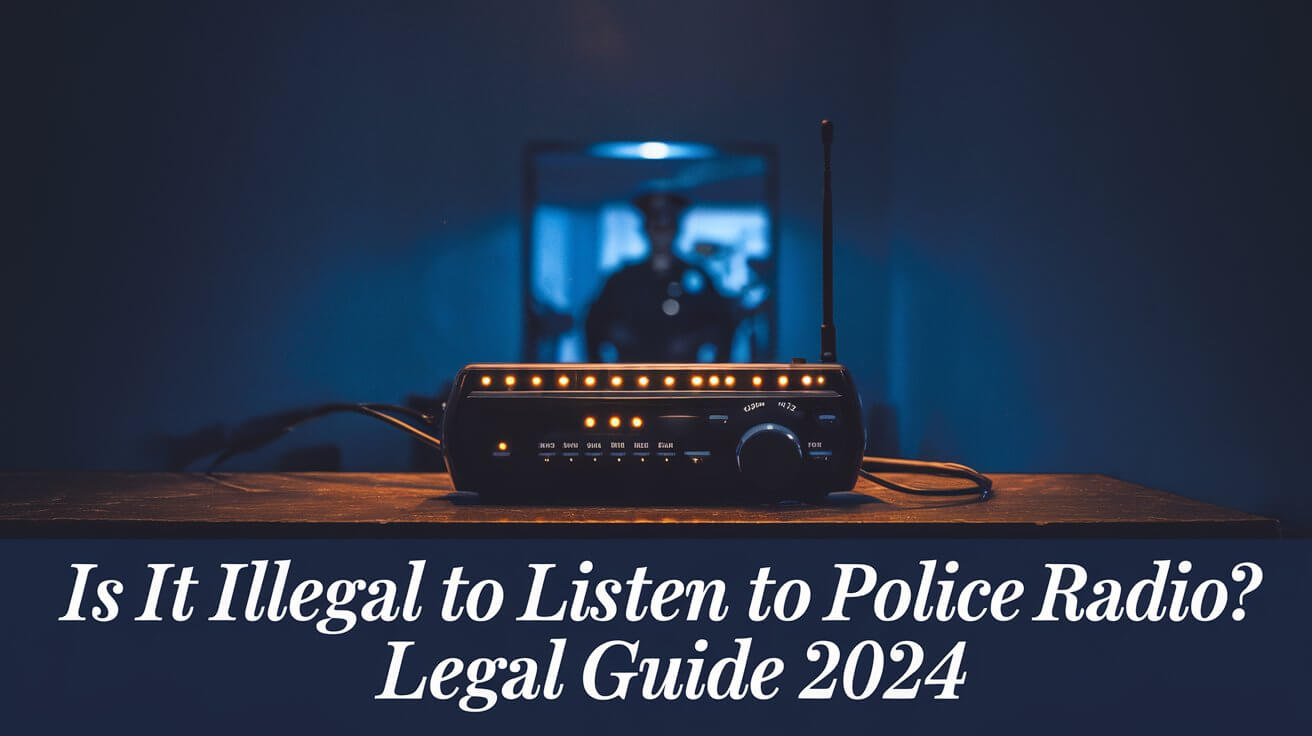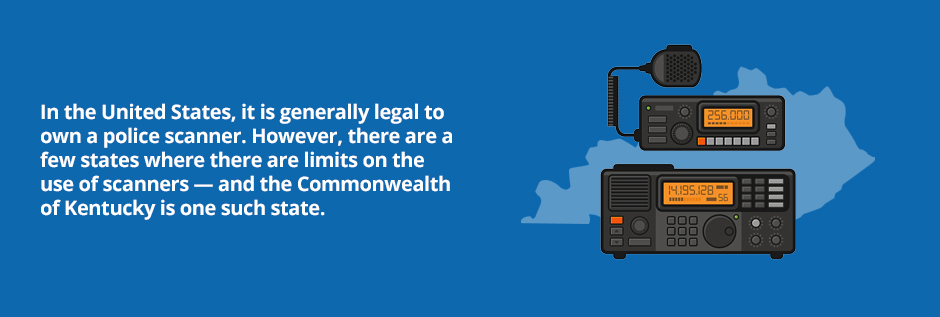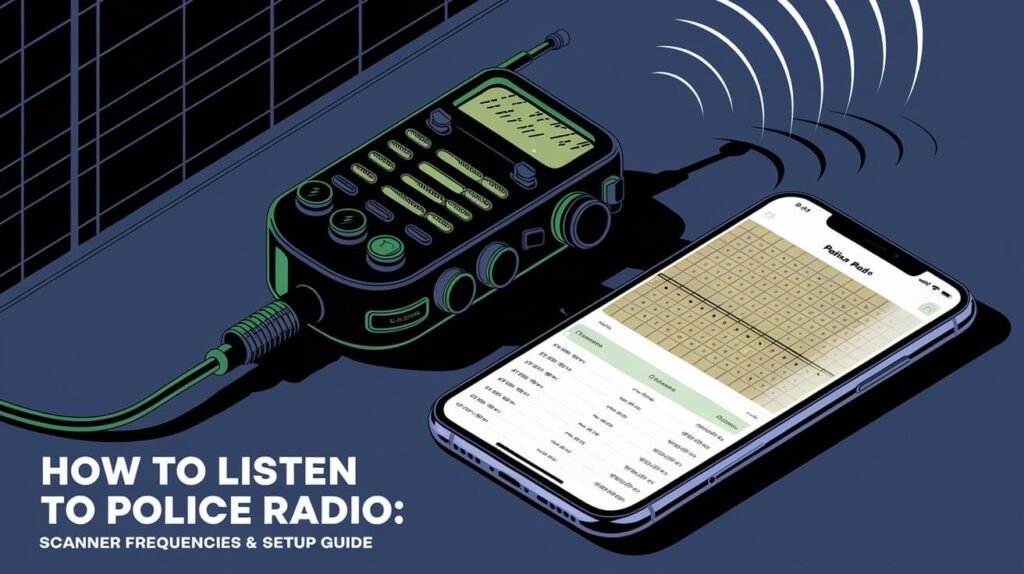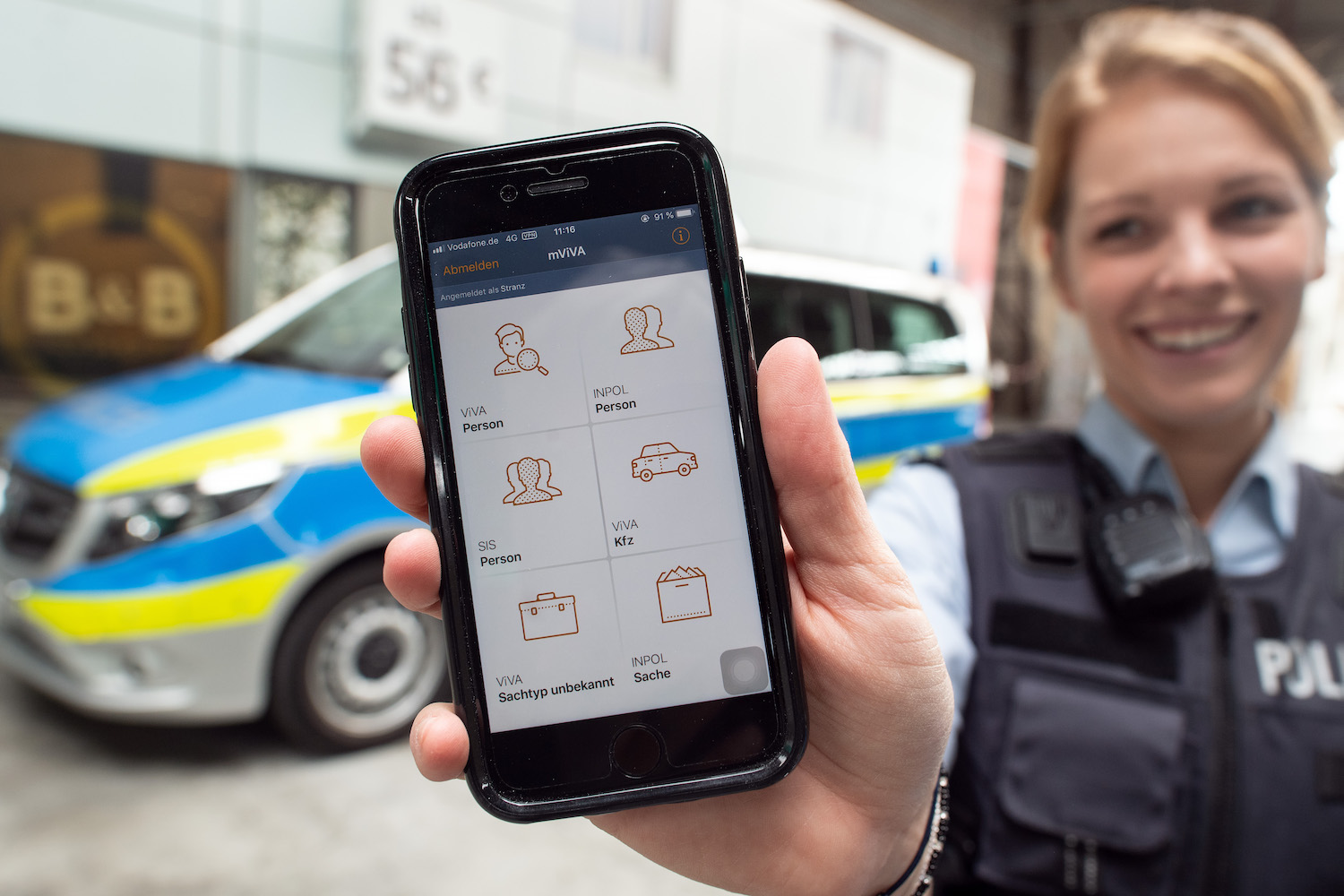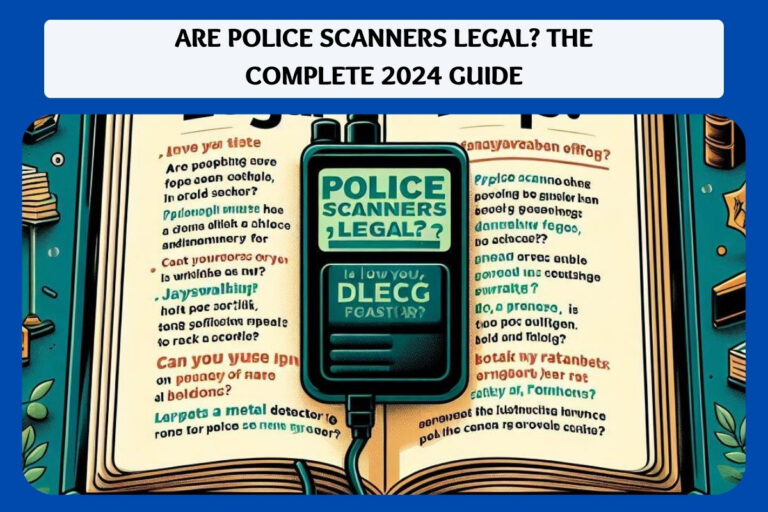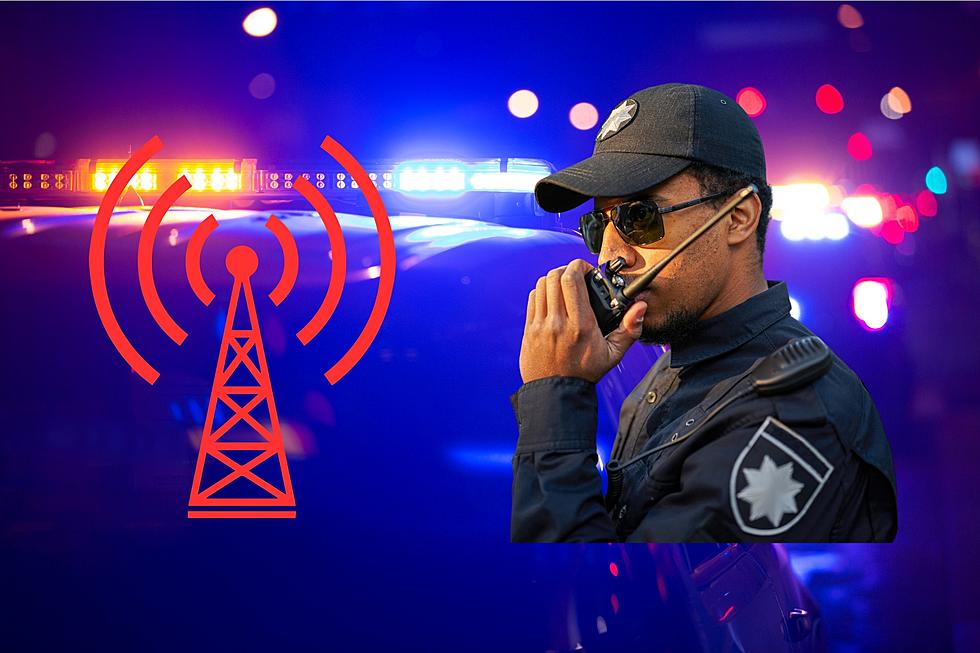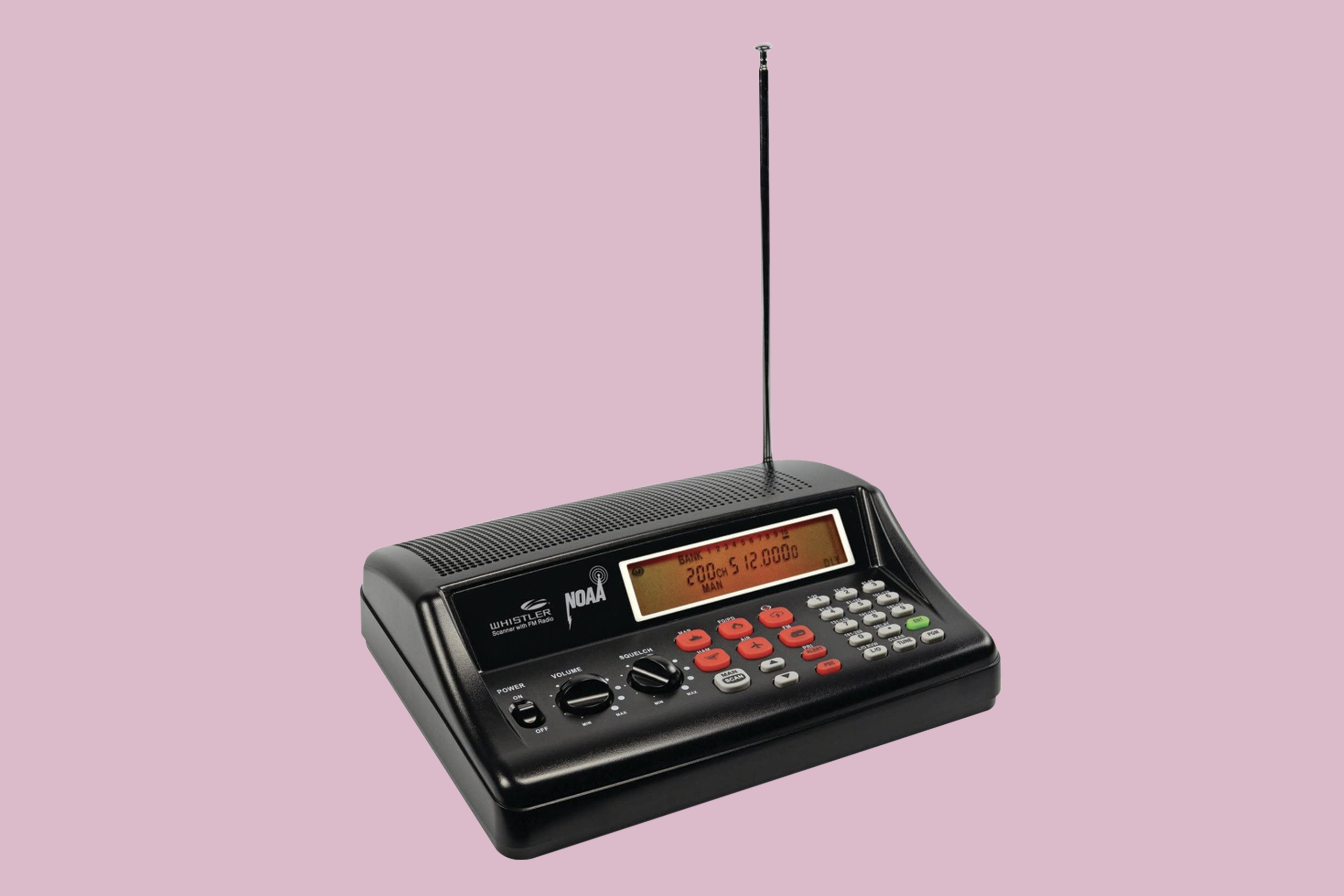Is It Illegal To Listen To A Police Scanner

The crackle of a police scanner, once a common sound in homes and newsrooms, now exists in a legal gray area. What was once a simple hobby has become intertwined with rapidly evolving technology and increasingly complex laws. The question remains: Is listening to a police scanner illegal?
The legality of listening to police scanners in the United States is not straightforward. While federal law generally permits the reception of unencrypted radio communications, state and local laws often impose restrictions. This article dives into the complexities of these regulations, examining the federal stance, state-specific laws, potential penalties, and the impact of technology on the evolving landscape of radio communication monitoring.
Federal Laws and Regulations
Federal law, specifically the Electronic Communications Privacy Act of 1986 (ECPA), generally allows the reception of radio communications that are broadcast on publicly accessible frequencies. This means simply listening is typically legal. However, the ECPA prohibits the intentional interception of cellular phone conversations and the use of intercepted information for illegal purposes.
The Federal Communications Commission (FCC) also plays a role. The FCC regulates radio frequencies and can impose restrictions on certain types of radio equipment. The FCC has largely deregulated the use of radio scanners, focusing primarily on preventing interference with authorized radio transmissions.
State-Specific Laws: A Patchwork of Regulations
While federal law provides a baseline, many states have enacted their own laws regarding police scanner use. These laws vary significantly. Some states have no restrictions, while others have stringent regulations governing who can possess and use scanners, and under what circumstances.
For instance, some states prohibit the use of scanners while committing a crime or to further a criminal enterprise. Other laws restrict the use of scanners near crime scenes or during the commission of a crime. Illinois, for example, has specific statutes concerning the use of scanners in vehicles.
In Florida, it is illegal to use a scanner to aid in the commission of a crime or to obstruct justice. Similarly, in New York, while simply owning a scanner is legal, using it to further illegal activity could result in legal repercussions.
The Impact of Technology: Apps and Streaming
The rise of smartphone apps and online streaming services that provide access to police scanner audio has further complicated the legal landscape. These platforms make it easier than ever to listen to police communications. This ease of access creates new challenges for law enforcement and raises questions about the applicability of existing scanner laws to these digital platforms.
Some argue that streaming scanner audio online is akin to broadcasting information. That broadcasting could potentially violate laws regarding the dissemination of sensitive information or the obstruction of justice. Others contend that simply providing access to publicly available information is not illegal, particularly if the streams are delayed to prevent interference with ongoing police operations.
Potential Penalties for Illegal Scanner Use
The penalties for illegally using a police scanner vary widely depending on the jurisdiction and the specific violation. These penalties can range from fines to imprisonment. In some cases, the illegal use of a scanner may be considered a misdemeanor, while in others it could be a felony.
For example, using a scanner to aid in the commission of a crime could result in more severe penalties. These penalties are on top of the charges for the underlying crime itself. Law enforcement agencies may also confiscate scanners used in illegal activities.
Perspectives on Scanner Use
The debate over the legality and ethics of police scanner use involves multiple perspectives. Law enforcement agencies often express concerns that scanners can be used to impede investigations. Scanners can potentially compromise officer safety and enable criminals to evade capture.
On the other hand, many argue that access to police scanner information is a valuable tool for transparency and accountability. The media often uses scanner information to report on breaking news events. Citizen journalists use it to monitor police activity in their communities.
Civil liberties advocates argue that restricting access to scanner information could infringe on the public's right to know and potentially shield law enforcement from public scrutiny. They also emphasize the importance of distinguishing between simply listening to a scanner and using the information obtained for illegal purposes.
The Future of Police Scanner Regulations
The legal landscape surrounding police scanners is likely to continue evolving as technology advances and communication methods change. The increasing use of encrypted radio communications by law enforcement agencies presents a significant challenge for those who rely on scanners for information.
Many police departments are switching to encrypted channels. This makes it impossible for the public to monitor their communications using traditional scanners. This trend raises concerns about transparency and accountability, and it could prompt further legal challenges to existing scanner laws.
It is crucial for individuals to be aware of the specific laws and regulations in their jurisdiction. Before engaging in any activity involving police scanners, and to seek legal advice if they have any doubts about the legality of their actions. As technology and law enforcement practices continue to evolve, the debate over the role and legality of police scanners will undoubtedly persist.
